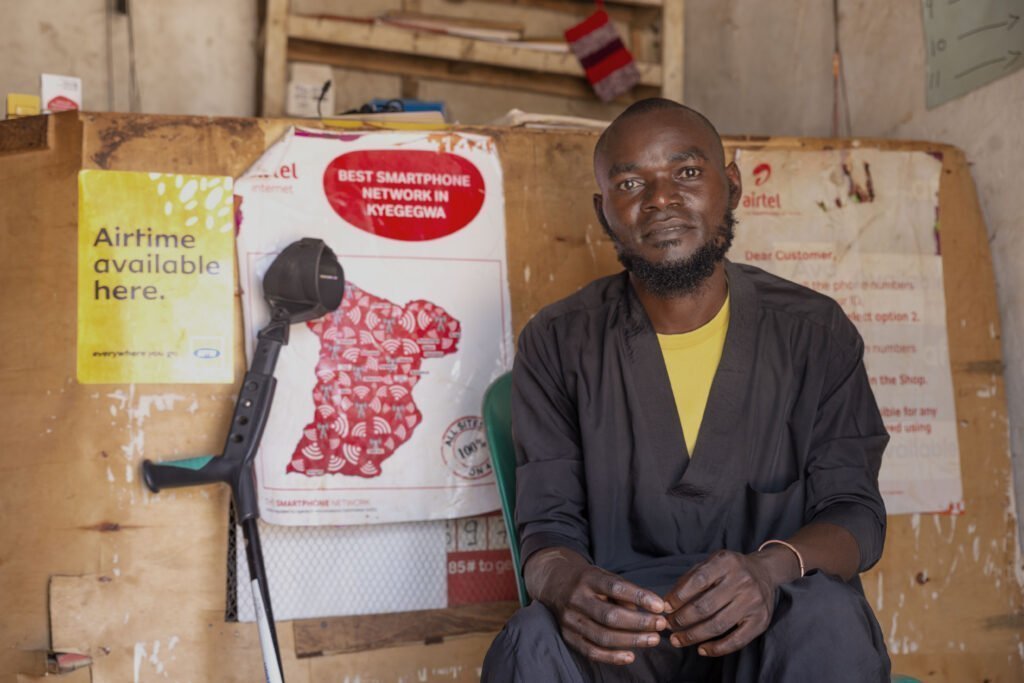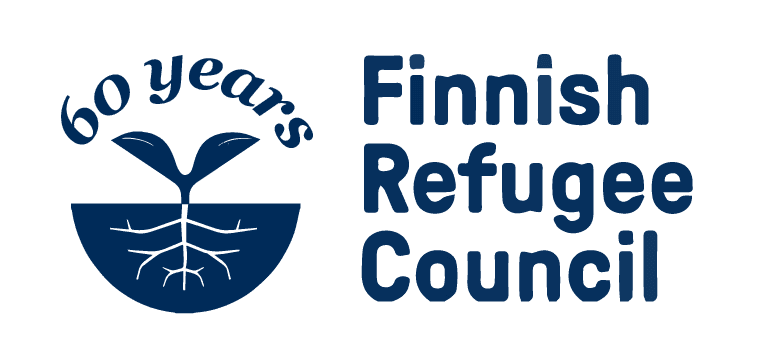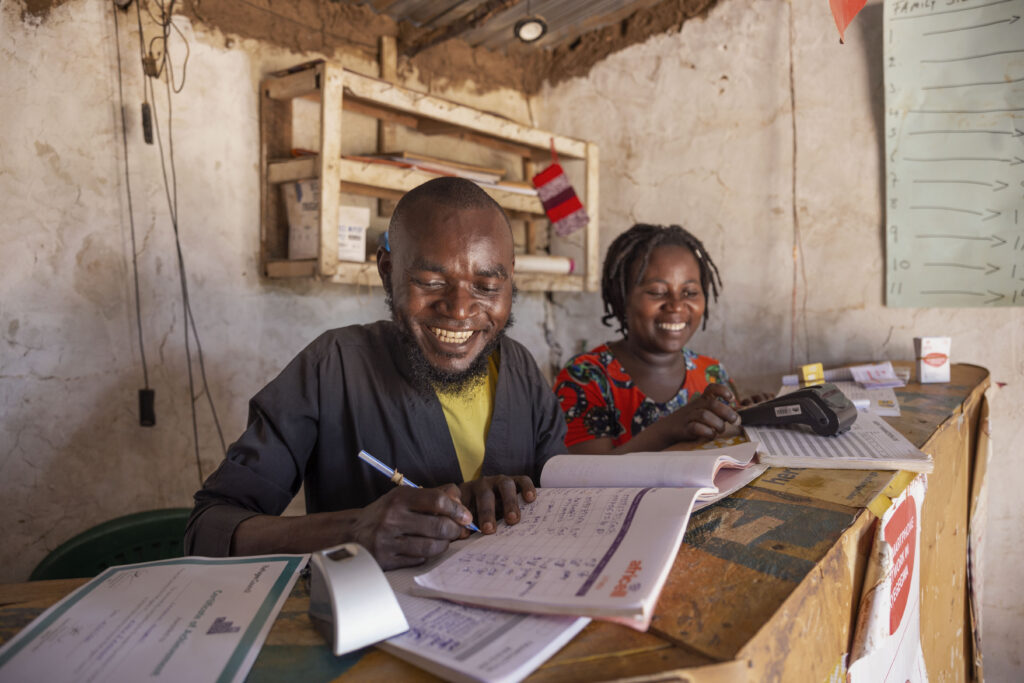It is estimated that around 15 % of the world’s population has some form of disability. A person with a disability is defined as having a long-term physical, mental, intellectual, or sensory impairment. Of the world’s 100 million displaced people, an estimated 9.3 million are children and adults with disabilities.
Refugees with disabilities face multiple forms of discrimination and are at greater risk of exploitation. For people with disabilities, seeking refuge from conflict and disasters is often difficult, even impossible, and they may not be taken into account in evacuation situations. Children and women with disabilities in particular are also at greater risk of sexual exploitation and violence. The special needs of people with disabilities are not always recognized, they may be denied access to education, health care and livelihoods, and they may not have the opportunity to participate in decision-making. Children are also at greater risk of abandonment and not be registered after birth, which can lead to statelessness (UNHCR).
“People ignore us and think of us last,” says a disappointed 33-year-old Emmanuel Bahanzi. Physically disabled during the war in his home country of the Democratic Republic of the Congo, Emmanuel knows how difficult it is to live as a disabled person in a refugee settlement. He hopes for more inclusive solutions, which also prioritize the needs of people with disabilities. Everyone should be given opportunities to use and develop their skills.
“My dream for the future is to work hard and be a valued membered in this community, despite my disability,” says Emmanuel of his dreams.
Emmanuel has been living in the Kayka II refugee settlement in Uganda for five years now, together with his wife Rosette Balez, 30, and their five children, with whom he fled the war in the North Kivu of Congo. In Uganda, Emmanuel and Rosette obtained a small loan to set up a kiosk selling mobile and online services in the refugee settlement. Despite their business, the family lived from hand to mouth, with seemingly insufficient money for even basic needs.
“The first time we heard about financial literacy was at a training course run by Finnish Refugee Aid. The important training taught us how to budget and save money,” says Emmanuel. After a few months, the couple put the new lessons into practice, and eventually they were able to purchase new equipment for the shop and grow their business.
Emmanuel is proud of the success of his business; he has been able to pay off his loans and improve the lives of his entire family. Financial literacy training has brought the family of seven closer together – today, the oldest children in the family are also involved in budgeting, while learning about finance management from their parents.
Emmanuel wants to actively influence the way people with disabilities are perceived and treated within the refugee community. Peer support is invaluable.
“I hope to encourage other refugees with disabilities to be more outspoken and refuse to be afraid. I have personally educated other people with disabilities and shown them that they can make a difference in their own lives and become independent,” sums up Emmanuel.

“I want to encourage other people with disabilities to participate and discover their potential.”
The UN Refugee Agency UNHCR highlights education for people with disabilities as a key step towards helping individuals with disabilities experience a life of dignity and fulfil their potential. In our work in Uganda, we strive to enable refugees with disabilities to receive the support they need and equal access to education and livelihoods. The proportion of people with disabilities participating in our courses has increased from 2.3% in 2018 to 6.3% by 2021, partly due to training of counsellors and changes in attitudes in the communities. Our goal is to increase the portion by 5 % by 2025.
Read more about our work in Uganda.
SUPPORT REFUGEES WITH DISABILITIES AROUND THE WORLD
By donating to our work, you support the human rights, inclusion and independence of refugees with disabilities in fragile environments.
I Donate:
- 30 € to provide two refugees with access to entrepreneurship course
- 52 € to help a refugee learn to read and write.
- 100€ to provide hygiene training for 300 refugees


